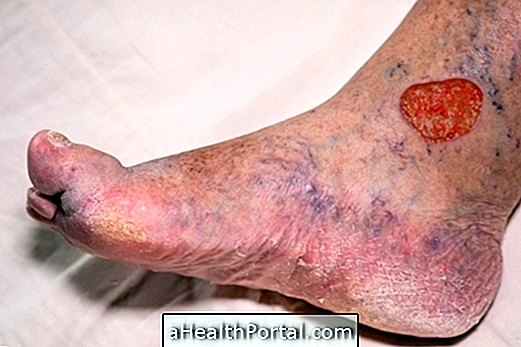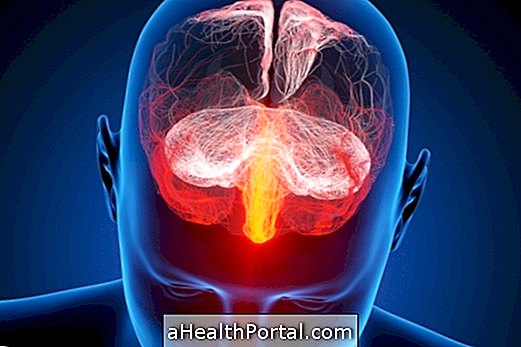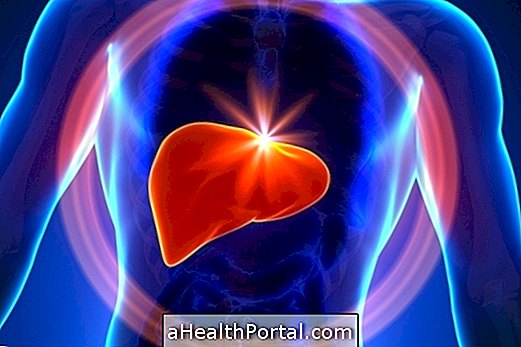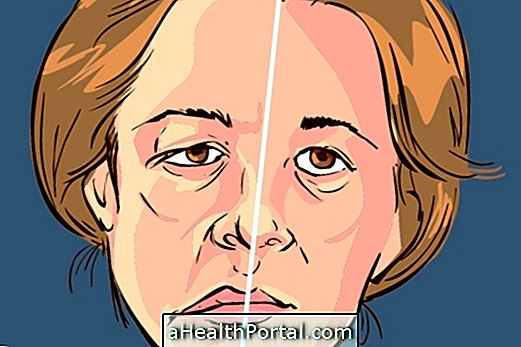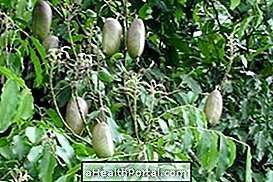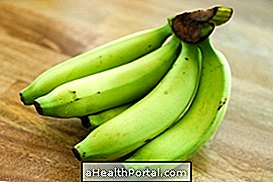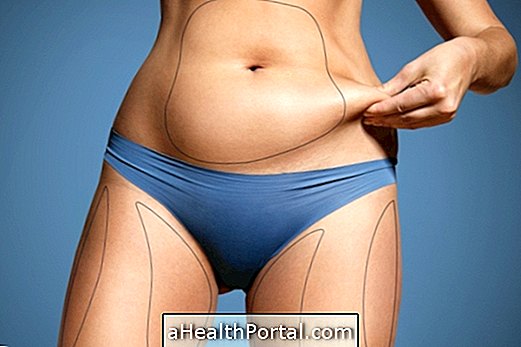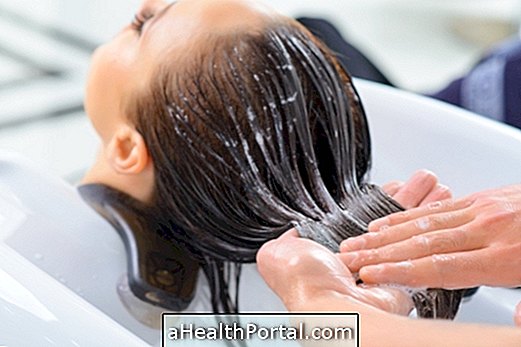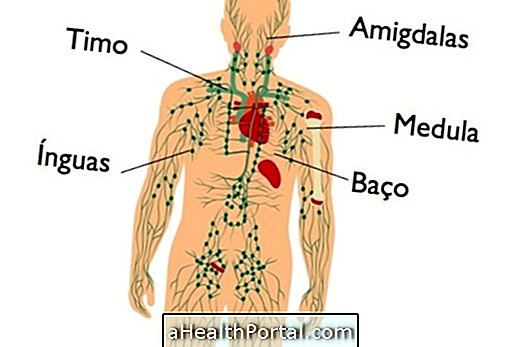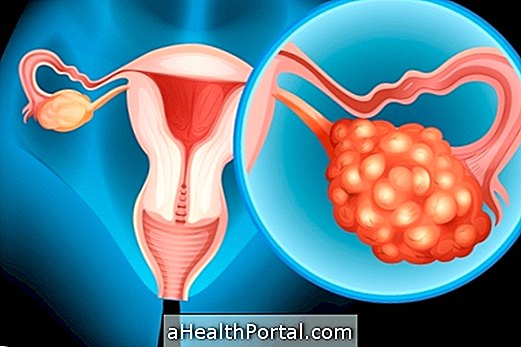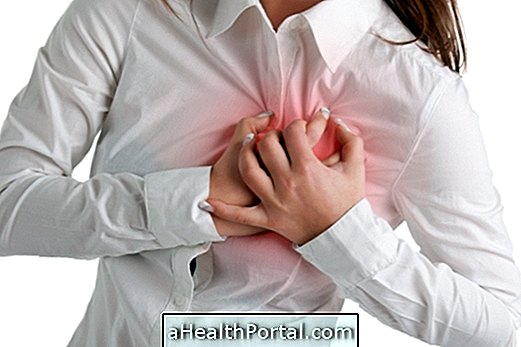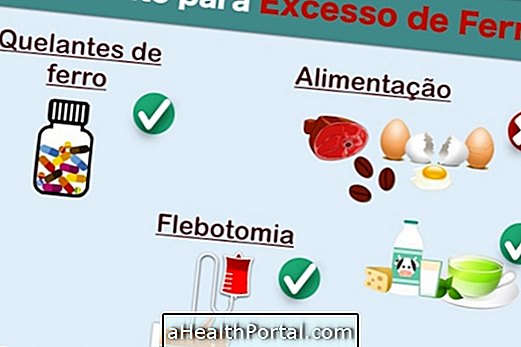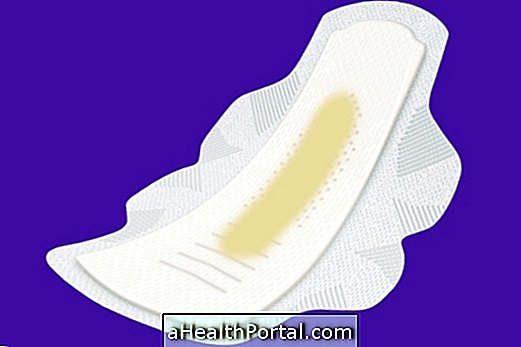The remedies for menstrual cramps serve both to alleviate abdominal discomfort caused by peeling of the endometrium and contraction of the uterus, as well as to prevent the occurrence of severe cramps in the menstrual period.
Usually gynecologists are advised to reduce the synthesis of prostaglandin, which is a chemical substance synthesized by the body responsible for menstrual pains, such as Ibuprofen and Ponstan. In addition, some teas have antispasmodic analgesic principles, which can aid in relieving pain, such as lavender tea and ginger tea. See 7 home remedies for menstrual cramps.

More indicated remedies
The most indicated medicines for pain relief during menstruation are:
- Non-steroidal anti-inflammatory drugs: such as Ibuprofen, Feldene, Pontin or Ponstan;
- Analgesic remedies: like Paracetamol, Dipirone or Buscofem;
- Antispasmodic remedies: Doralgina, Buscopan or Atroveran;
- Contraceptive pills .
These remedies can also be used to combat the symptoms of PMS, such as irritability, tiredness and abdominal bloating. Know what the symptoms of PMS are and how to relieve it.
How to take
Colic remedies should be used under the guidance of the gynecologist or general practitioner and preferably be taken after meals in order to avoid stomach problems.
In addition, women should exercise regularly and eat foods rich in B-complex vitamins such as nuts, potatoes and chicken to prevent the occurrence of strong colic.



